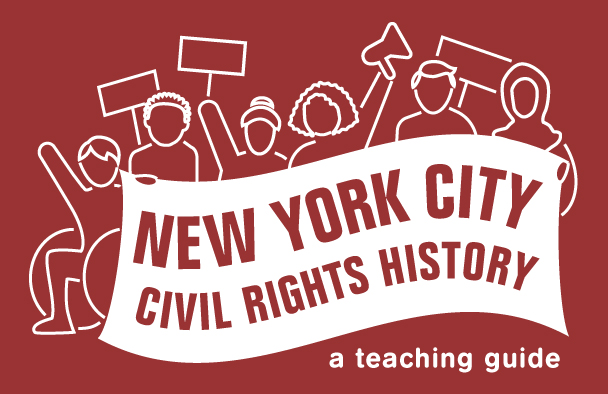Statement by Martin H. Gerry, Director, Office for Civil Rights, Department of Health, Education, and Welfare, excerpts
In 1977, the New York City Board of Education was the focus of the “largest civil rights investigation of a public educational institution ever undertaken.” The Office of Civil Rights in the federal Department of Health, Education, and Welfare studied the New York schools and found that the school system had “violated Title VI of the Civil Rights Act of 1964, which prohibits discrimination on the basis of race, color, national origin; Title IX of the Education Act of 1972, which prohibits discrimination on the basis of sex; and Section 504 of the Rehabilitation Act of 1973, which prohibits discrimination against physically or mentally handicapped individuals.”
